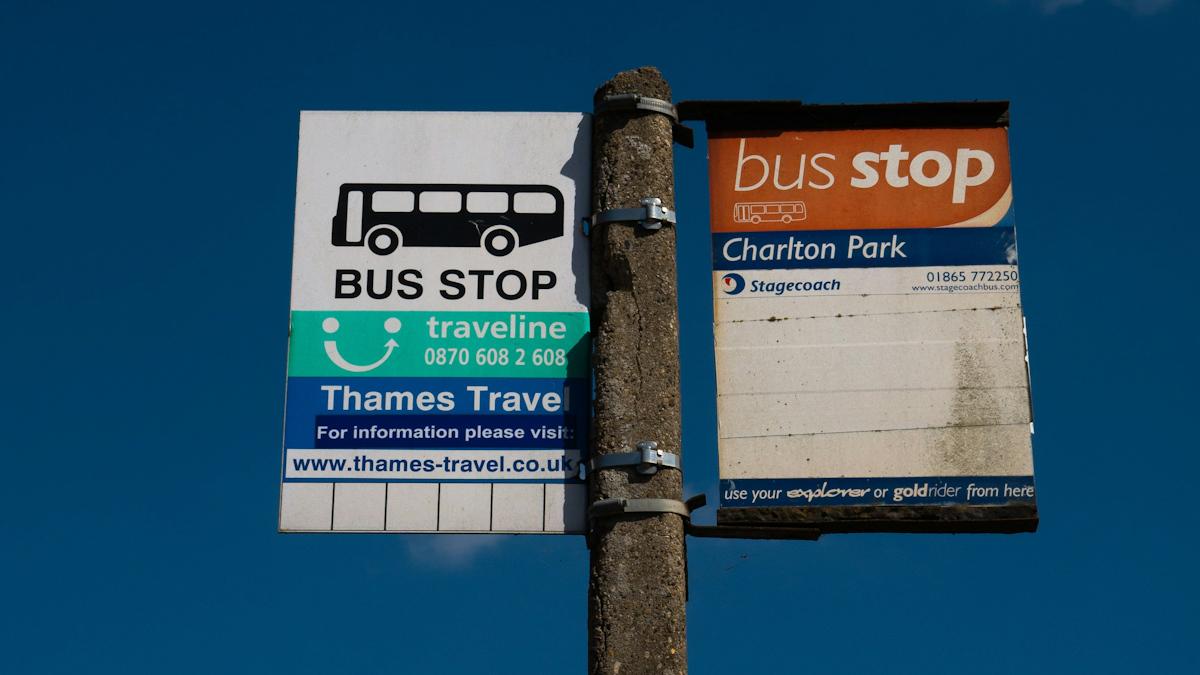After NICE okay, Scots denied access to Vifor’s Veltassa

The Scottish Medicines Consortium (SMC) has ruled that there’s not enough evidence to support NHS funding of Vifor Pharma’s Veltassa for excess potassium in the blood (hyperkalaemia), even though patients in England can access the drug.
It’s the second time that the SMC has rejected Veltassa (patiromer), having previously turned it down for hyperkalaemia in 2018.
Most common in patients with poor kidney function, heart failure or liver disease treated with renin angiotensin aldosterone system (RAAS) inhibitors, hyperkalaemia can be fatal, and patients have relatively few options for treatment.
The traditional standard of care has been to simply reduce the dosage of RAAS inhibitors, although there is evidence this can lead to cardiovascular death and worsening renal function. Clinical trials have shown show that Veltassa may allow patients to stay on RAAS inhibitors for longer or at a higher dose.
The SMC’s verdict creates a divergence in access to Veltassa in the UK as NICE cleared the drug for use by NHS England at the end of 2019, after also rejecting it in 2018. The change of heart for the cost-effectiveness agency came after new evidence and a price cut, according to NICE.
“We were unable to accept patiromer for hyperkalaemia as the company’s evidence about the medicine’s benefits was not strong enough,” said SMC vice chairman Scott Muir.
Some people in Scotland with hyperkalaemia do have a treatment option available, however, in AstraZeneca’s rival therapy Lokelma (sodium zirconium cyclosilicate). Both Veltassa and Lokelma work by binding phosphate in the gut and preventing it from being absorbed.
In September, the SMC gave a green light for restricted use by NHS Scotland of Lokelma, albeit only for patients with chronic kidney disease stage 3b to 5 and/or heart failure who would otherwise need to lower or stop RAAS drugs.
NICE backed AZ’s drug for that use last year, as well as for emergency treatment of acute life-threatening hyperkalaemia alongside standard care.
The SMC also backed several other medicines that have already been recommended for NHS use south of the border or are still under appraisal, including:
- Akcea Therapeutics’ Waylivra (volanesorsen) for the treatment of familial chylomicronaemia syndrome (FCS);
- Roche’s Tecentriq (atezolizumab) for metastatic triple negative breast cancer (TNBC) and extensive stage small cell lung cancer (ES-SCLC) in combination with chemotherapy;
- PharmaMar/Johnson & Johnson’s Yondelis (trabectedin) to treat advanced soft-tissue sarcoma; and
- UCB/Amgen’s Evenity (romosozumab) for the treatment of severe osteoporosis in postmenopausal women.
The SMC also backed two medicines via an expedited pathways that is designed to minimise delay in patient access during the COVID-19 pandemic, namely:
- Bayer’s Nubeqa (darolutamide) for non-metastatic castration-resistant prostate cancer (nmCRPC); and
- Roche’s Kadcyla (trastuzumab emtansine) for the adjuvant treatment of HER2-positive early-stage breast cancer, after neoadjuvant taxane-based and HER2 targeted therapy.












